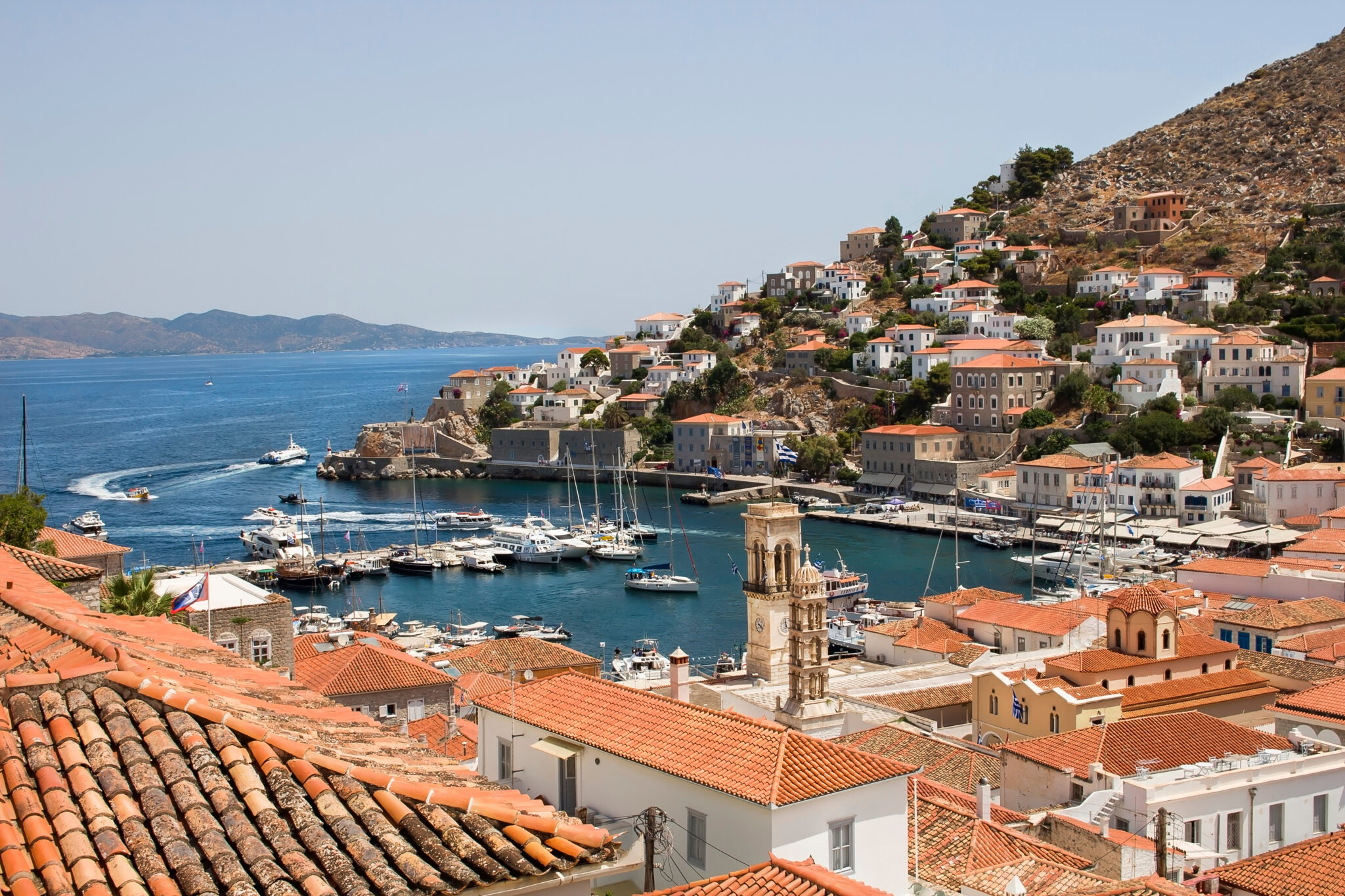Olaf Schultz’s course to the Chancellorship has been pretty much predestined for some time. His governing coalition had fallen apart and the only democratic option he had in his hands was to ask the Bundestag to send him, by order to dissolve it, to the presidential palace. Schultz did the politically obvious and for only the fourth time in the last 75 years will send the citizens of his country early to the polls.
But the issue for Germany is not purely local… If anyone attempts to bring to the fore the discontent that Solts’ policies have brought, they will miss the real picture, and it is a European one.
Germany is experiencing a political crisis today but no greater than the one it experienced four years ago. Back then Angela Merkel had announced that she was leaving her country’s political scene, regardless of the outcome, and her party was “sunk” by the choices of Germans. The key points on which all polls show a “deficit” on the part of Scholz are almost the same as those that weigh on the governing course of every or almost every Chancellor in the country: economy and foreign policy.
But Germany is heading for elections at the same time that France has been politically reeling for several months. Emanuel Macron late last week changed prime minister for the fourth time in a few months and is facing increasingly intense political and social discontent. France and Germany are taken for granted as the pillars, not only economically but also politically, of Europe and this is not even new…
When Paris and Berlin are in a quagmire the problems are not limited to the local level. When France and Germany also have internal problems of a common nature and the political “threat” comes from the extremes then the issue also rises to a dangerous level. All polls in both countries show a clear rise from the right. In France, it is a given that the opponents of the center-right Macron are Lepin and Bardela while the “alternative for Germany” this time will be a buffer especially after the elections to form a government.
For Europe, this rise is also nothing new. Italy has a far-right government while no one can describe Orban in Hungary as a moderate. But if the next few months – specifically the new year finds Germany’s government with extremists the data will be very different for the whole Union. With the opinion polls putting foreign policy and in particular the handling of Ukraine in the foreground, it is not impossible that we will have developments that will touch the biggest war front of the 21st century and will also create different conditions on the ground.
The developments in political affairs in Germany and France are also not at all unconnected with the recent elections and the result in the US. Given that Donald Trump did not have good relations with Angela Merkel and Emmanuel Macron and did not hesitate to openly express himself against NATO and the “usefulness” of its existence. Trump’s arrival in the White House with “signature” power finds Europe’s political and economic foundations and momentum at a decades-low and this is also a serious issue. A Europe that is wobbling and has traded balance and stability for crises of all kinds will be just another “link” in the chain of decisions that Trump’s US will put forward.
Ask me anything
Explore related questions





